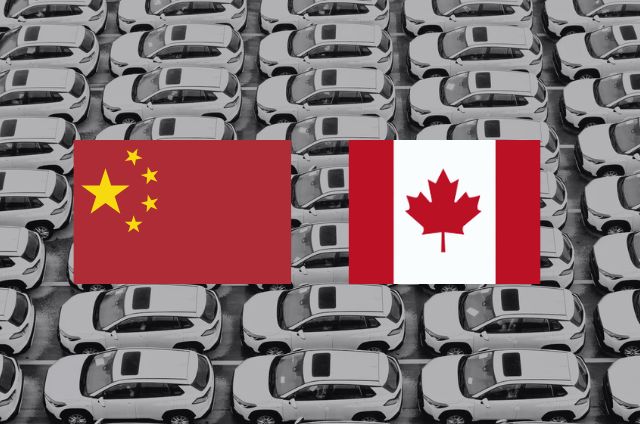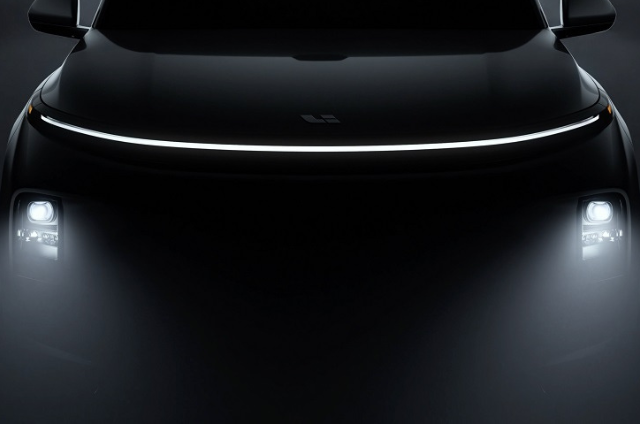A Conditional Offer from Beijing
China has made a clear proposal: lift EV tariffs, and it will remove tariffs on Canadian canola and other agricultural goods. Chinese ambassador Wang Di confirmed the offer during an interview with CTV’s Question Period.
He called the EV tariffs “unjustified” and said China’s own agricultural tariffs were direct countermeasures. If Canada is “ready to correct this practice,” Wang added, “China will also respond accordingly.”
Canola Caught in the Crossfire
In October 2024, Canada imposed 100% tariffs on electric vehicles imported from China, citing national security and market fairness. In retaliation, China levied its own tariffs—100% on canola oil and meal, and 75.8% on canola seed.
This move hit Western Canadian provinces hard. Saskatchewan, a major canola producer, has seen exports to China plummet—down 76% year-over-year in August. With China being its second-largest agri-food export market, pressure on Ottawa is mounting.
Political Stakes Are Rising
Prime Minister Mark Carney has hinted at efforts to rebuild relations with China, including a high-level meeting with Premier Li Qiang at the United Nations General Assembly—the most senior diplomatic contact since 2018.
Meanwhile, Conservative Leader Pierre Poilievre supports keeping the EV tariffs but demands stronger government backing for farmers affected by China’s response.
A government spokesperson said the EV tariff decision is currently under informal review, but no timeline or policy changes have been announced.
Energy Trade Still Open
Beyond agriculture, Ambassador Wang noted that China remains open to more Canadian crude oil and energy partnerships. Since the Trans Mountain pipeline expansion, China has become Canada’s top non-U.S. oil buyer, averaging 207,000 barrels per day.
Wang emphasized that energy is a “new growth point” for bilateral trade, pointing to increased imports in 2025.
The Bigger Question
As Canada balances its economic interests and political alliances, the choice is stark: protect the EV industry or revive agricultural trade. Beijing has made its move—the next one belongs to Ottawa.



